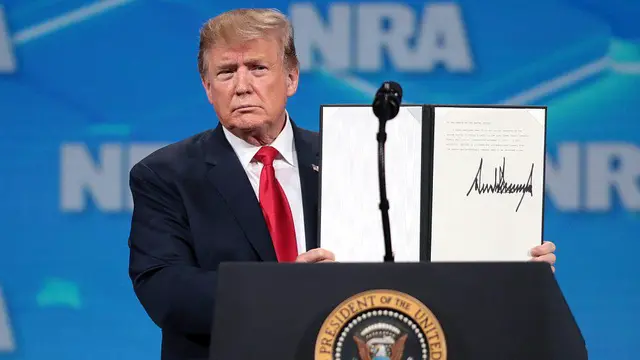Japan's Diet enacted a law on Wednesday, paving the way for Prime Minister Shinzo Abe's government to create a U.S.-style National Security Council (NSC) responsible for inter-ministerial and government agency coordination on matters of foreign and defense policies and protocols.
Following the bill clearing Japan's lower house of parliament last month, the bill was passed by the upper house Wednesday by majority vote, with the new council to be chaired by Abe himself.
The NSC's Tokyo-based headquarters will be operational in January, government officials said, and twice monthly meetings will be held between the prime minister, the chief cabinet secretary and foreign and defense ministers, they added.
In addition, other ministers will be called upon as needs dictate and extended meetings will also include the national public safety commission chief and the transport minister, officials said.
In total around 60 members will staff the new security body, with Shotaro Yachi, Abe's foreign policy adviser, likely to assume the role of the council's head.
Chief Cabinet Secretary Yoshihide Suga told a press briefing earlier Wednesday that meetings had already been slated to be held next week as the council wishes to oversee the government's current policy initiatives concerning both diplomacy and defense at the earliest possible opportunity.
The formation of the NSC purports to provide the prime minister with the means to accelerate and bolster the command functions of his office when it comes to matters of foreign and security policies and augment Japan's regional security capabilities.
The passage of the bill follows Japan's ruling coalition bloc on Tuesday pushing a controversial secrecy bill through the lower house, despite the main opposition Democratic Party of Japan (DPJ) opposing the bill, believing that it will provide the government with too much autonomy when it comes to disclosing sensitive yet pertinent information to the public.
Abe believes, however, that the operational effectiveness of the newly formed NSC is dependent on the legal jurisdiction of the secrecy bill and that it will serve to protect the people of Japan, while safeguarding information-sharing with Japan's allies, such as the United States.
Despite opposition lawmakers stating that Abe's recent moves undermine the nation's democratic ideals and are reminiscent of Japan's wartime military secrecy initiatives, which allowed armed forces to act with impunity and beyond the scope of public scrutiny, the prime minister has stated that Japan's paradigmatic shift towards issues of defense and security is a response to national-security related incidents.
Abe has cited a shifting security dynamic in the Asia-Pacific region as being a catalyst for implementing the latest defense and security-related moves, with some analysts believing the moves will form part of a broader defense strategy that will see Japan augment its military spending, increase its next-generation hardware and reinterpret its self-imposed war-renouncing Pacifist Constitution in such a way as to allow the nation's Self-Defense Forces (SDF) a wider scope of operational duties, including those related to domestic and overseas conflicts and emergencies.
These recent moves have rattled Japan's neighbors, including South Korea and China who both suffered at the hand of Japan's brutal Imperial Forces during World War II, and calls have been made for Abe to rein-in his new defense and military-related ideologies and potential policy measures, as tensions continue to rise between Japan and its East Asian neighbors over territorial disputes and issues of historical misperception.
Despite calls for Japan to curb its defense and military posturing in the interests of resolving ongoing disputes through ministerial diplomatic channels, Abe's government, will now, henceforth, be in a position to expedite the collection and dissemination of security-related information by by-passing previous ministerial bureaucratic red tape and integrate the flow of information to enable it to respond quickly to security-related issues, including those relating to national defense, overseas attacks and other emergencies deemed to affect Japan's national security.
Simultaneously, while speeding up the prime minister's preemptive and reactive decision making processes on matters of national security, the NSC will function as the nation's intelligence sharing hub, with Japan's overseas abetters.
Abe first floated the notion of creating a security council when he was first prime minister in 2006, but the plan failed to gain traction following his quick departure from his post a year later.
The secrecy bill that will provide the NSC with a legal framework to work within on matters of intelligence-related secrets and those related to terrorism and espionage, found limited support from the Japanese public with only 35 percent of those polled recently in favor of it, with more than 50 percent of citizens here opposed to the new piece of legislation.
 简体中文
简体中文

